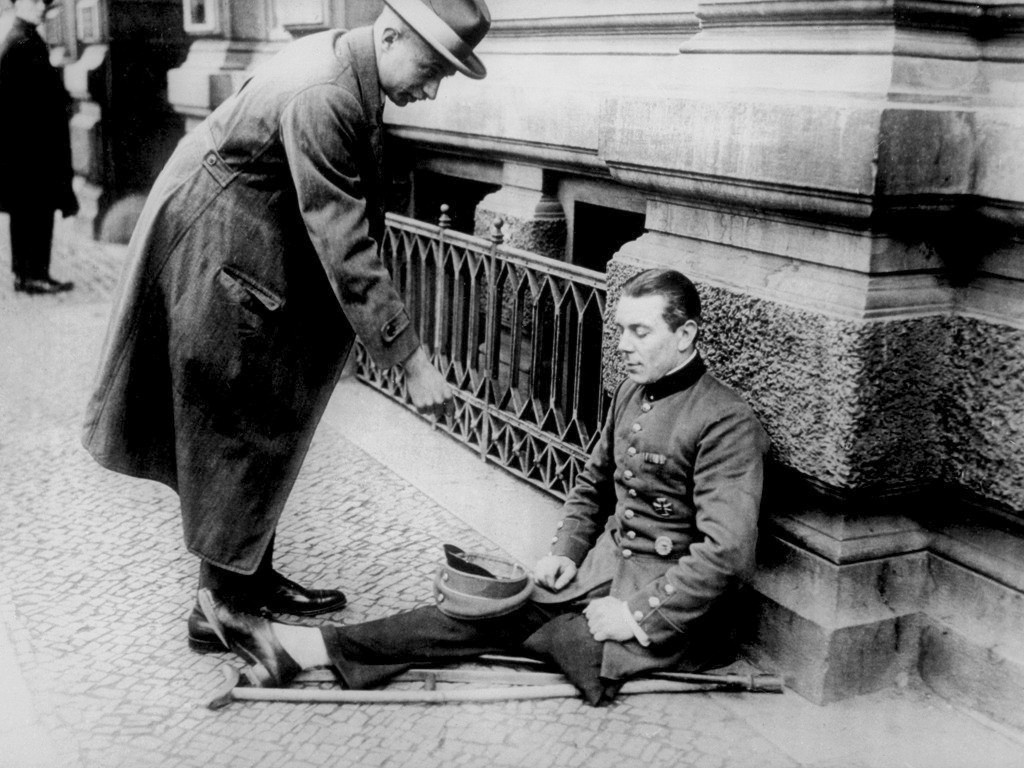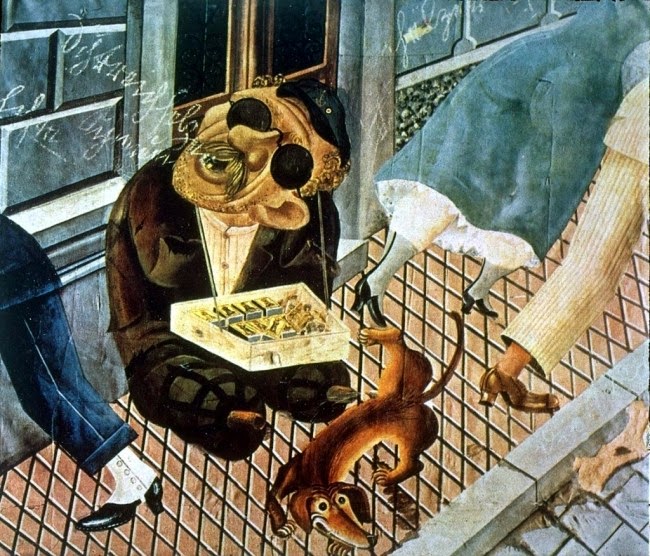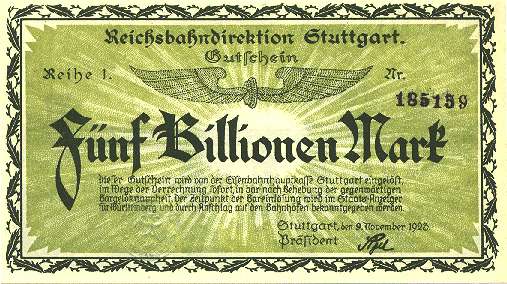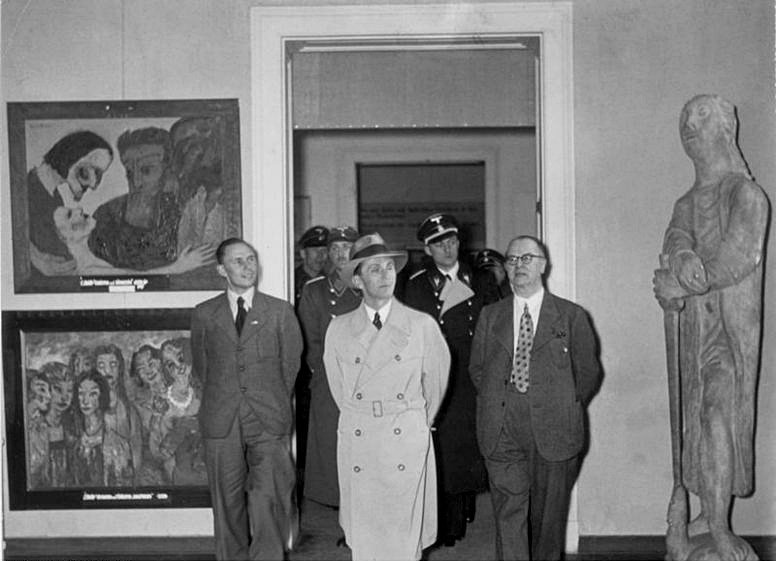Ger-mania…
Extraordinarily, Germany appears on the brink of following the lead of Austria in mandating a vaccination against COVID-19, as segregation of the unvaccinated continues. We seem to have entered what Gore Vidal described as the United States of Amnesia, as all history is forgotten. So let us cast our mind back.
I maintain the German Weimar Republic (1919-1933), more than even the U.S. Great Depression, remains the emblem of our age. The comparison is not exact of course, as all analogies break down through the shifting sands of time, but it is useful to review the literature of that period and draw parallels.
David Langwaller explores the cultural inheritance of the Great Depression, beginning in America, and compares that situation to our own hard times.https://t.co/mRLEo5Xqy1@broadsheet_ie @DLangwallner @vincentbrowne @danieleidiniph1 @j_reilly33 @BowesChay @NMcDevitt
— CassandraVoices (@VoicesCassandra) December 2, 2021
After World War I, when misguided reparations, and a war guilt clause, were inflicted by the victors – with the French and Clemenceau in particular in the driving seat – Germany was crippled with war debts, but crept along until the banking collapse. The period up to 1929 and shortly afterwards was a triumph against great odds of a fledgling social democracy: the Weimar Republic.
The period is associated with great creativity, and indeed became a synonym for decadence and sexual libertarianism, which made it a soft target for Nazi thuggery. The bonfire of the vanities and the burning of the books was the fascist exhalation of degenerate art.
Likewise our own Age of Austerity in the wake of the Financial Crisis of 08 has destablised the social and economic structures. We also have had a period of relative freedom, despite the economic pain, but now operate in most countries under a grinding authoritarianism in the face of collapsing health care systems corroded by decades of neoliberalism.

A begging disabled WW I veteran (Berlin, 1923).
Tomorrow Belongs to Me
The Bob Fosse film ‘Cabaret’ (1972) has the fictionally represented Christopher Isherwood in Weimar times represented as leaving Berlin after he hears the Nazi youth sing ‘Tomorrow Belongs to Me’, one of the most chilling songs in a popular film ever recorded; an even more sinister version of the Horst Wessel Song.
In fact, in the book Goodbye to Berlin (1939) nothing quite as dramatic as that epiphany occurs, just the sense of the persecution of the Jewish community, Communists, dissidents and degenerate races in a sedulous and incremental fashion. This was a fascist authoritarian creep as economic destruction creates victims, but also the externalisation of hatred. The demonisation and demonetisation of the other, crucial also in our own age of unfettered rage and lack of moderation.

Bertolt Brecht
The Aesthetics of Resistance
Peter Weiss made a similar point in his after the event masterpiece, The Aesthetics of Resistance, where in cold retrospect he saw how those with idealism were destroyed. His masterpiece of memory ends with the execution of his comrades in the Frankfurt Trials; executed and left to hang on fishhooks.
Bertolt Brecht also saw in genesis and with mystical precision the bloodletting to come in The Threepenny Opera:
When the shark bites with his teeth dear
Scarlet billows start to spread
Fancy gloves though wears Macbeth dear
So there is not a trace of red
Now again many want no trace of red. Just bright blue colours. No shades of grey just sanctimonious conservatism.
The sense of unfolding chaos at the effects of the Great Depression in Germany is well documented in Victor Klemperer’s diary Let Us Bear Witness dating from 1933. He was peculiarly well placed with a protected Christian wife and a Jewish convert to Christianity. Dismissed from his job; furloughed but not sent to a Concentration Camp.
The rise of fascism was a consequence, then and now, of economic collapse and that is the difference between the American Depression and the German equivalent, but it was a narrow escape for America.
Roosevelt as a social democrat saved America. but as Philip Roth’s excursus in counter-factual history amply demonstrates there was no shortage of fascist demagogues who could have unseated him, including the folk hero Charles Lindberg. Such is The Plot Against America, where a fascist becomes President. Not then of course, but now?
But that is getting ahead of ourselves to the endgame. Let us at least anticipate and make plans in the light of a project endgame called The Great Reset, a phrase unerring close to the great leap forward as we enter Chinese corporate feudal times.
The sense of impending chaos in the Weimar Republic is also well documented by caricaturists such as George Grosz, Otto Dix, and others, many of whose greatest paintings hang as a reminder in Berlin.
If you look at Grosz’s inelegantly titled Pillars of Society (1926), with the subtitle Shit for Brains, you will see one of the paragons of virtue. It anticipates disaster as the economy collapsed, and the Nazi judges and commissars who would work hand in glove with their jackboot associates.
Ripe for Collapse
On its current trajectory, the EU, as Varoufakis recently indicated, is likely to collapse, sooner rather than later, with a pan-Germanic latter day Hanseatic League altready taking its place. Few should mourn it in Ireland and Greece where the social structure has been destroyed through the impoverishment of large cohorts of the population who have falled into homelessness. Ireland is now controlled by hedge funds as a kind of sub-Indonesian corporate client state.
And what do corporate judges, bankers, lawyers, and politicians do? Well, enforce further austerity in the shape of lockdowns on a docile and far too accepting population. Socially distanced and self-isolated for the near future without a prospect of stability, a sustainable living structure, or affordable rent or housing.
And what does Weimar art reveal about intellectuals? That they are useless panderers. The paintings of Otto Dix perfectly captures bohemian delirium and ineffectiveness.
In effect our contemporary consensus neoliberal spouters are spectators on a society falling apart; the collective fiddling as Rome burns. McWilliams in his wine bar.

So, hand in glove with economic collapse we witness the destruction of the very concept of human rights. The seepage of emergency powers and executive action, documented in the eariler period by the great jurist Carl Schmidt, with disproportionate and excessive measures. Just as the Reichstag fire was used to end democracy in Germany.
As far as social and economic rights and Weimar was a disaster. Banknote were printed in billion increments with which you could barely buy a loaf of bread.

Berlin Alexanderplatz
Perhaps the greatest German novel of the Depression era is Berlin Alexanderplatz by Alfred Döblin, although his neglected earlier novel Mountains Oceans Giants also presages our times, with its harbingers of environmental collapse.
Döblin also utilises other 1920s anxieties — Malthus, Suffragettes, miscegenation, decolonization — onto the 27th century where Europe is under siege from “hordes” of migrants “flooding” from the Global South. “India-China-Japan” rises as a rival bloc to the New York-London “Anglo-Saxon Imperium,” while fierce clans of women find success in an “unending struggle against patriarchy,” even preferring “taboo” relationships with the alien migrants.
Science fiction then but becoming recognisable today. The demonisation and demonetisation of others and the migrant. Not one of us.
Berlin Alexanderplatz was dramatized by Werner Fassbinder in the peritectic chronicle of its everyman German Franz Bide Kopf, convict, pimp, worker; through the swathes of the Weimar republic.
It is at one level a chronicle of our own time. Dubious associations, flirting with fascism and in passages most relevant and redolent, a panegyric against erstwhile Communist friends, which shows how the everyman is seduced by Utopian ideals:
We’ve got to have order, order, I’m telling you, order—and put that in your pipes and smoke it, order and nothing else . . . and if anybody comes and starts a revolution now and don’t leave us in peace, they ought to be strung up all along the street . . . then they’ll get theirs, when they swing, yes, sir. You might remember that whatever you do, you criminals.
Law and Order the totalitarian clarion call. The most important passages are the slaughterhouse and abattoir scenes, which are most unsettling and relevant to our times. Equating the costing of microscopic slaughter of the animals with human slaughter. The expiration of man and beast, or cost-benefit analysis of life. Compulsory vaccination for the herd.
The Weimar Republic echoes through the ages. and Germany is reverting primitively and Gothically. Atavistic tendencies can be seen with the arrival of compulsory vaccination and vaccine segregation. Austerity unleased dark forces, and there is no genuine social democratic corrective in sight. The Weimar republic ripples through the ages.
Feature Image: Joseph Goebbels views the Degenerate Art Exhibition.




